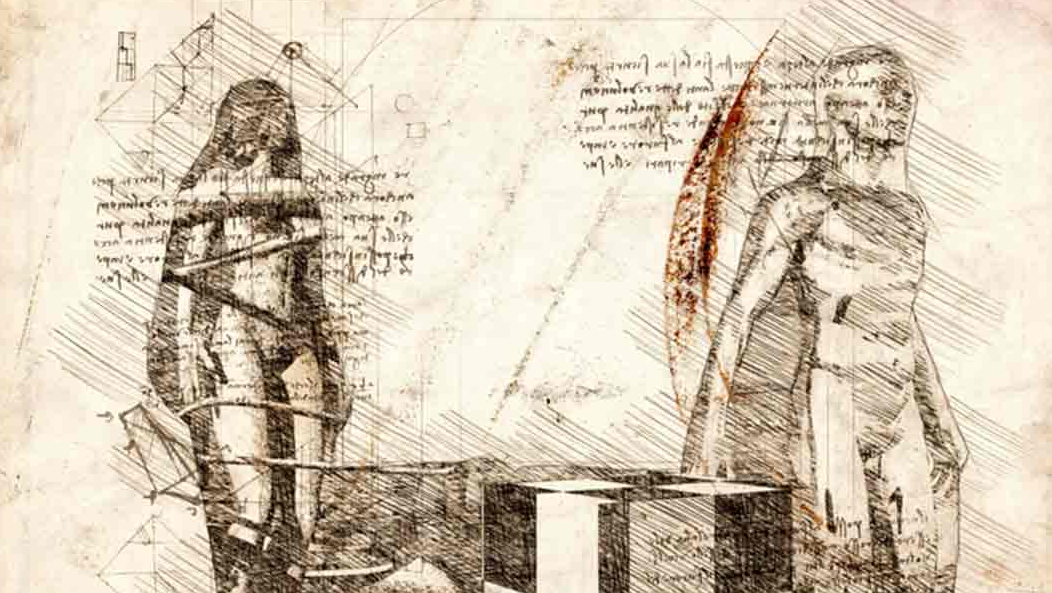What makes us human? What (if anything) sets us apart from all other creatures? Ever since Charles Darwin’s theory of evolution, the answer to these questions has pointed us back to our own animal nature.
Yet the idea that, in one way or another, our humanity is entangled with the non-human has a much longer and more venerable history. In the West, it goes all the way back to Classical antiquity – to Greek and Roman views about humans and animals.
The Greek philosopher Aristotle (384-322) first argued the human stands out from all other animals through the presence of logos (“speech” but also “reason”). Numerous Greek and Roman thinkers engaged in similar attempts to name what, exactly, sets humans apart.
Who or what is man? The arguments these philosophers came up with verged from the obscure to the outright bizarre: The human alone has the capacity to have sex at all seasons and well into old age; the human alone can sit comfortably on his hip bones; the human alone has hands that can build altars to the gods and craft divine statues. No observation seemed too far-fetched or outlandish.
US Federal Judge: Illegal immigrants can carry guns
And yet, above all, the argument that animals lack logos continued to resonate. In classical antiquity it became powerful enough to coin the very word for animals in ancient Greek: ta aloga – “those without logos”.
This position was taken up by the philosophical school of the Stoics and from there came to influence Christianity, with its view of manmade in the image of God.
Continue here: Ancient Origins
Ask me anything
Explore related questions





